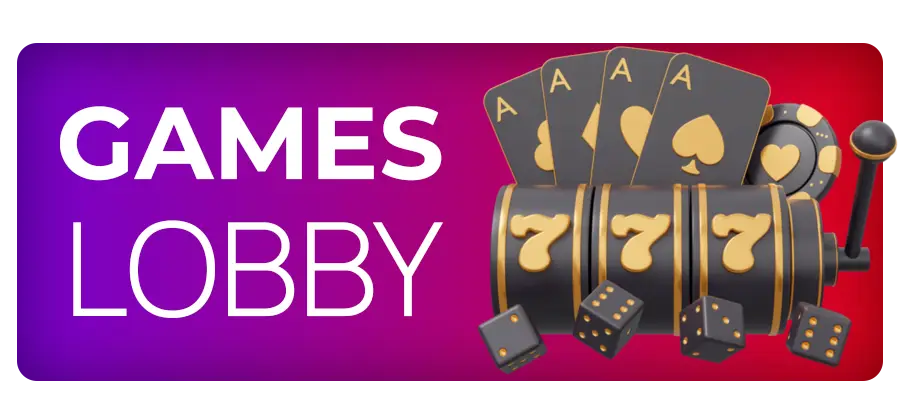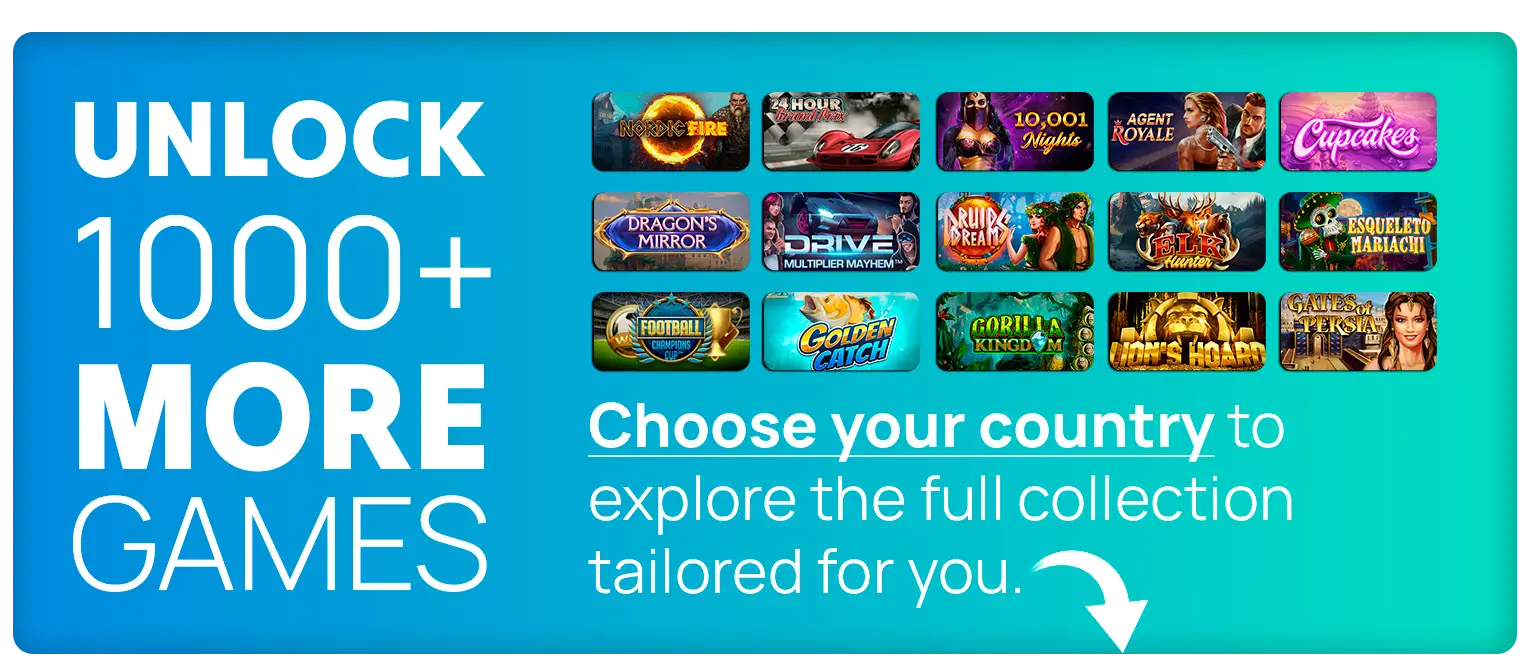
Advertising Rules For The Online Casino Market
The modern online casino market operates within a tightly regulated environment where advertising rules are not merely a formality but a foundational element for sustainable growth and legal compliance. For any casino aggregator or operator seeking to build a reputable presence, understanding these guidelines in depth is not an option—it’s a necessity. Regulations are often shaped by national laws, industry standards, and ethical advertising frameworks that prioritize transparency, responsible gaming messages, and protection of vulnerable audiences.
As global iGaming competition intensifies, the demand for clear and compliant messaging has never been more crucial, making mastery of advertising rules a strategic advantage for brands aiming to expand responsibly. While some markets enforce rigid licensing conditions, others maintain broader interpretations of marketing boundaries, creating a dynamic environment where operators must balance creativity with legal precision. Navigating these variations requires not only knowledge of the rules but also the ability to adapt communication strategies to resonate with diverse player bases without crossing regulatory lines.
One of the most critical aspects in applying advertising rules is ensuring that marketing campaigns avoid misleading statements or exaggerated claims. Phrases implying guaranteed wins, risk-free gaming, or other unrealistic outcomes are prohibited in most jurisdictions, as they can create false expectations and encourage problematic gambling behavior. Instead, effective campaigns should focus on delivering accurate representations of gameplay, clear bonus terms, and transparent promotional structures.
This approach not only meets compliance requirements but also builds trust among potential players who value honesty in a competitive industry. When done correctly, advertising within legal boundaries becomes a powerful driver of long-term customer loyalty, offering value without compromising ethical standards.
For an online casino aggregator, applying these advertising rules consistently across partner promotions is even more complex. Each featured brand may operate under different licensing bodies, requiring careful vetting of their creative assets before inclusion in any promotional channel. This process often involves checking that advertisements contain proper age restriction notices, responsible gambling messages, and accessible links to help resources for players in need. Aggregators also benefit from implementing internal review systems that ensure all displayed banners, bonus offers, and landing pages meet not only the minimal legal requirements but also the highest ethical standards, reflecting positively on the aggregator’s reputation.
The role of responsible gambling in advertising rules cannot be overstated. Many regions mandate that promotional materials highlight self-exclusion options, deposit limit tools, and contact information for professional support services. Including such elements is not just about avoiding penalties—it’s an integral part of demonstrating social responsibility in a sector often under public scrutiny. By embedding these practices into marketing strategies, online casinos and their affiliates signal to players and regulators alike that their business model prioritizes safe play over aggressive acquisition tactics. This proactive stance often leads to stronger relationships with regulators and greater freedom to innovate within allowed frameworks.
Equally important is the adaptation of advertising rules for digital platforms and emerging marketing channels. Social media, influencer collaborations, and video streaming promotions each present unique compliance challenges, particularly when it comes to audience targeting. For instance, running a campaign on a platform with broad demographic reach requires advanced audience filters to ensure that minors are excluded from exposure. Similarly, influencer content must include clear disclosures about sponsorships and adhere to the same advertising restrictions as official brand materials. Failure to apply these principles consistently can result in reputational damage and legal consequences that outweigh any short-term marketing gains.
Advertising rules also extend to cross-border promotions, where operators and aggregators must reconcile conflicting requirements from multiple jurisdictions. A campaign compliant in one country may be considered illegal in another, particularly in areas with strict gambling prohibitions. Successful brands often employ dedicated compliance teams or partner with specialized legal advisors to assess marketing strategies before launch. This investment in preventive measures pays dividends by avoiding fines, license suspensions, or public relations crises that can disrupt business continuity. In a highly interconnected iGaming ecosystem, the ability to navigate multi-jurisdictional advertising landscapes is a decisive competitive edge.
Ultimately, advertising rules in the online casino market are not static checklists but evolving frameworks that respond to technological innovations, changing consumer behavior, and shifting regulatory priorities. Businesses that treat compliance as an ongoing strategic pillar—rather than a box to tick—position themselves to thrive in both established and emerging markets. For aggregators, in particular, the consistent application of these principles ensures that every featured brand aligns with the broader mission of promoting fair, transparent, and responsible gaming. By integrating legal awareness with creative excellence, the industry can continue to attract players while maintaining the integrity and trust that fuel long-term growth.
Adapting Advertising Rules For Casino Promotions
Applying advertising rules effectively to casino promotions requires a thorough understanding of how marketing campaigns intersect with regulatory mandates. Operators and aggregators must recognize that each bonus offer, tournament, or loyalty incentive must be communicated in a manner that avoids ambiguity and respects player protection standards.
This means all terms and conditions should be easy to access, written in clear language, and free from hidden clauses that could be construed as deceptive. When executed correctly, promotional campaigns not only meet compliance criteria but also enhance user trust by delivering consistent and predictable player experiences. Trust, in turn, is a cornerstone of sustainable customer relationships in a sector where competition for attention is relentless.
Compliance with advertising rules extends beyond the content of promotions to include their placement and targeting. Online casino marketing compliance demands that ads appear only in contexts where the audience meets legal gambling age requirements. This involves the use of advanced audience segmentation tools, exclusion filters, and platform-specific compliance features. Failure to control ad placement can lead to serious regulatory penalties, especially in markets with active enforcement agencies. Additionally, many licensing jurisdictions require periodic audits of advertising practices, ensuring that operators remain vigilant over time rather than treating compliance as a one-time setup.
Casino advertising rules also influence the creative direction of campaigns. Visual elements, taglines, and calls-to-action must all be assessed for compliance before release. For example, using imagery that appeals to minors, such as cartoon characters or youth-centric themes, is prohibited in most jurisdictions.
Likewise, suggesting that gambling can serve as a financial solution or substitute for employment is considered an irresponsible message. This emphasis on responsible representation ensures that marketing appeals to informed adult players rather than exploiting vulnerable demographics. By aligning creative execution with these principles, brands maintain credibility and avoid reputational risks that could undermine long-term objectives.
Another dimension of adapting advertising rules to casino promotions involves affiliate partnerships. Affiliates act as extensions of the brand’s marketing network and must therefore adhere to the same compliance standards. Aggregators and operators benefit from implementing strict affiliate agreements that outline acceptable promotional practices, require pre-approval for creative materials, and mandate the display of responsible gambling information. This level of oversight not only safeguards compliance but also strengthens the brand’s image as a responsible market participant. In an era where affiliate-driven traffic can represent a significant portion of acquisition, maintaining control over partner activities is a regulatory and strategic imperative.
The evolution of gambling promotion guidelines has also been shaped by technological advancements. Programmatic advertising, for instance, offers precise targeting capabilities but demands heightened vigilance to prevent breaches of compliance. Operators must ensure that automated ad placements respect jurisdictional restrictions and age verification protocols. Similarly, personalized promotions delivered via email or SMS must follow explicit opt-in rules and include clear unsubscribe mechanisms. The balance between personalization and privacy compliance is delicate but essential for building lasting relationships with players who expect both relevance and respect for their boundaries.
In regions where online casino marketing compliance is still developing, proactive engagement with regulators can help shape favorable frameworks. Brands that participate in industry consultations, provide feedback on draft regulations, and demonstrate leadership in responsible advertising often enjoy greater influence over the final rules. This collaborative approach benefits both the business and the broader iGaming ecosystem, fostering a climate where innovation can flourish without compromising player safety. By positioning themselves as allies rather than adversaries of regulatory bodies, operators can secure more stable operating conditions in competitive markets.
Ultimately, adapting advertising rules for casino promotions is a continuous process that requires vigilance, flexibility, and a deep understanding of the interplay between creative ambition and legal obligation. Whether targeting seasoned players or attracting new audiences, every campaign must serve as a testament to the brand’s commitment to integrity, transparency, and responsible engagement. For online casino aggregators, this means not only promoting compliant offers but also curating a portfolio of partners who share these values, ensuring that every piece of visible content contributes positively to the overall player experience.
Advertising Rules And Responsible Gambling Promotion
The integration of advertising rules with responsible gambling promotion reflects the evolving priorities of the online casino industry. Today’s regulatory frameworks emphasize that marketing should not only comply with formal legal requirements but also actively encourage safe play. This shift places greater responsibility on both operators and aggregators to embed responsible gaming messages into every facet of their promotional efforts. Whether through banner ads, social media posts, or email campaigns, the emphasis is on creating an environment where players are informed, empowered, and supported in maintaining healthy gambling habits. This approach not only satisfies legal obligations but also enhances brand reputation in a market where trust is a key differentiator.
In practice, combining advertising rules with responsible gambling principles means that every promotional message must be framed within ethical boundaries. Bonuses should be presented as opportunities for entertainment rather than financial gain, with clear explanations of wagering requirements and withdrawal limits. Campaigns should avoid language that implies urgency or pressure, such as “limited time only” or “act now” without context, as such tactics can encourage impulsive behavior. Instead, promotions can be designed to reward consistent engagement over time, reinforcing the idea that gambling is a recreational activity rather than a high-stakes endeavor.
Online casino marketing compliance increasingly demands that responsible gambling tools be prominently featured alongside promotional offers. This includes links to self-exclusion programs, deposit limit settings, and educational resources about recognizing problem gambling behaviors. By integrating these elements into advertising materials, operators demonstrate that they prioritize player well-being over aggressive acquisition. For aggregators, ensuring that partner brands adopt similar practices strengthens the integrity of the entire platform, fostering a culture of accountability and transparency that resonates with both players and regulators.
Gambling promotion guidelines also extend to influencer and affiliate marketing channels, where oversight can be more challenging. Influencers must disclose sponsorship arrangements and refrain from making misleading claims about potential winnings. Affiliates should be contractually bound to include responsible gambling messaging in their content, with regular monitoring to ensure compliance. The reputational risks of neglecting these safeguards are significant, as regulators have begun holding operators accountable for the actions of their promotional partners, regardless of direct involvement.
From a strategic perspective, aligning advertising rules with responsible gambling promotion can serve as a competitive advantage. Brands that actively champion player safety tend to enjoy higher customer retention rates, as players are more likely to return to platforms where they feel respected and protected. Furthermore, this alignment can help mitigate the impact of regulatory changes, as businesses already operating at high ethical standards are better positioned to adapt to new requirements without major disruptions.
The rise of digital and social marketing channels adds further complexity to compliance efforts. Platforms such as YouTube, Twitch, and Instagram require careful content management to ensure that responsible gambling messages are not lost in the fast-paced nature of these mediums. Live streams, for example, must balance entertainment with explicit reminders about safe play, while short-form video ads should still include visible age restrictions and support links. These efforts reinforce the message that responsible gambling is not an afterthought but an integral part of the gaming experience.
In the long term, the convergence of advertising rules and responsible gambling promotion represents the future of sustainable growth in the online casino industry. As public awareness of gambling-related risks increases, brands that proactively embrace these principles will stand out as leaders rather than followers. For online casino aggregators, this means not only enforcing compliance internally but also advocating for higher standards across the industry. By doing so, they contribute to an environment where innovation, entertainment, and player protection can coexist, ensuring that the sector thrives in both profitability and public trust.
















